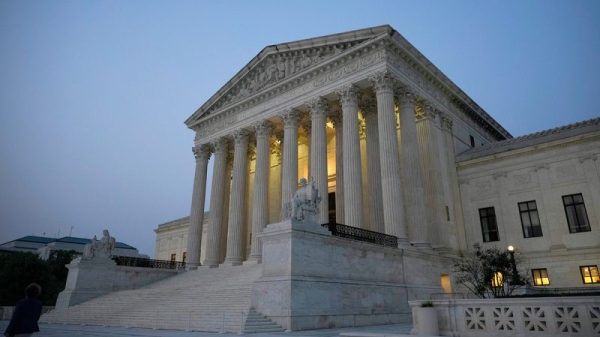
Yvette Cooper, the Home Secretary, is preparing to appeal a High Court ruling that ordered the closure of a migrant hotel in Essex, amid warnings the case could set a precedent for asylum housing across the UK.
Dan Jarvis, the security minister, confirmed on Wednesday that the Home Office will seek to overturn the temporary injunction forcing the shutdown of the Bell Hotel in Epping.
He said the government wanted to ensure hotel closures were carried out in a controlled and coordinated manner, led by the Home Office and its contractors.
The legal battle was triggered after Epping Forest District Council successfully argued that the Bell Hotel required planning permission to be repurposed as long-term accommodation for asylum seekers. The High Court ordered all residents to leave by 12 September 2025, unless the hotel’s owner, Somani Hotels, launches a successful appeal.
The ruling followed months of controversy surrounding the site, which had become a flashpoint for anti-immigration protests. Councillors cited public safety concerns and the location’s proximity to schools and care homes as reasons for taking legal action.
The Home Office’s lawyers warned the decision could embolden other councils to mount similar legal challenges, creating what they described as a “new norm” that would intensify pressure on Britain’s asylum estate.
Mr Jarvis said: “This Government will close all asylum hotels and we will clear up the mess that we inherited from the previous government. But these closures need to be done in a managed and ordered way. That’s why we’ll appeal this decision.”
The government has committed to shutting down all asylum hotels by the end of this Parliament in 2029, in line with Labour’s election manifesto.
Currently, more than 32,000 asylum seekers are housed in up to 210 hotels nationwide.
The Home Office had previously attempted to intervene in the Epping case but was denied by the judge, who said its involvement would not materially assist the planning dispute. Officials argued that removing asylum seekers too quickly could heighten tensions and even increase the risk of violent protests.
The security minister stressed that while the government is determined to end the use of hotels for asylum accommodation, doing so “in an orderly way” was essential to protect both residents and communities.
The ruling has already prompted other councils — including Labour-controlled authorities — to threaten similar legal challenges. Planning lawyers have suggested the Epping decision could reshape how migrant accommodation is managed, forcing the Home Office to seek planning permission before repurposing hotels in future.
Read more:
Government to appeal High Court ruling forcing closure of Epping migrant hotel




























